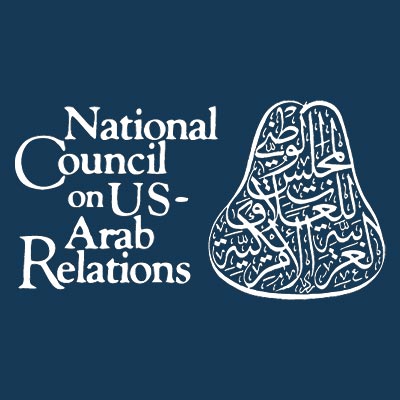Bahrain dismantles pro-Iran group
Source: Arab News (Read full story)
Bahrain announced yesterday the arrest of leading members of the radical opposition February 14 Revolution Youth Coalition, an influential clandestine cyber-group accused of links to Iran. “After an extensive investigation, several members of the February 14 terrorist organization were identified … (and) the main actors who took part in criminal acts have been arrested,” the Interior Ministry said. The group has been the main motor behind disturbances that began in 2011. The ministry said the group’s spiritual leader is Hadi Al-Mudaressi, a leading cleric living in the Iraqi city of Karbala, and said he “provided divisive sectarian support to the organization.”
…
The Forgotten Uprising in Eastern Saudi Arabia
Source: Carnegie Endowment for International Peace (Read full story)
…
Two years after the start of the Arab uprisings, Saudi Arabia remains an enigma.1To outside observers, it seems to have largely bypassed the revolutions and turmoil that have convulsed the rest of the Arab world. But beneath the surface, it is a country beset by mounting political, economic, and demographic challenges. The expectations of a younger generation that faces widespread unemployment and looming exclusion from the state’s patronage system are rising. The social media landscape enables unprecedented exchanges of ideas and the breaching of previously sacrosanct taboos. Meanwhile, services and infrastructure are being strained, the public sector is bloated, and questions of succession within the aging leadership go unanswered.
…
GCC retail market set to reach $221bn by 2015
Source: Gulf Times (Read full story)
..
The growing importance of retail in GCC can be gauged from the fact that Dubai, along with London, shares the leading position for international retailers’ presence. American and European retailers, for their expansion of operations consider Kuwait City, Riyadh and Jeddah as their “top choices” outside their home turf. According to Markaz, the GCC consumer market is composed of two distinct categories, the growing nationals and increasing expatriates, especially in Qatar and the UAE. “Higher per capita income and younger demographic profile of the nationals has a positive implication for the demand of high value luxury goods and electronics goods while the working expatriate population supports the surging demand for consumer goods. Generous state subsidies in the form of grants, leads to increased disposable level of income aiding the retail industry,” the study shows.
…
IMF warns Dubai on debt risks
Source: The National (Read full story)
…
Bur Dubai’s debt remained “substantial” at $142bn, about 102 per cent of GDP, the IMF said. Around $60bn of that amount fell due between this year and 2017, it said. Forthcoming maturing debt next year included $20bn in Dubai government debt lent by Abu Dhabi and the Central Bank in 2009 as part of the Dubai Financial Support Fund. The cash was used to help companies struggling in the aftermath of the financial crisis. Restructured debt related to Dubai World and Nakheel, the property company, will begin to mature in 2015 and 2016, the IMF said. “While the Dubai Government and government-related entities have been actively looking at opportunities for debt refinancing, timely communication about these key maturities will be important to support market confidence,” the statement said.
…
Yemen Government urged to take action
Source: The Yemen Times (Read full story)
…
Hadrmout sources said that the number of Al-Qaeda fighters in the province has notably increased recently. The sources added that Al-Qaeda fighters are moving freely inside the province’s major cities including Al-Mukala, the provincial capital, taking advantage of an almost complete absence of security forces. “Indeed, Al-Qaeda has significantly expanded lately and the government has chosen not to do anything to stop their expansion. The increase of Al-Qaeda activities is reflected by the spread of its slogans everywhere in the province,” Mubarak Al-Awbakani, a retired security chief, said. “They are plastered on the outside walls of hospitals, schools and other buildings. They have been there for a month and the government did nothing to remove them.”
…
British MP hails Kuwait democratic experience
Source: Kuwait Times (Read full story)
The democratic experience in Kuwait is unique in the region and is continually evolving, Robert Buckland, the Chair of the Human Rights Commission in the British Conservative party, said. In an exclusive interview with KUNA at the House of Commons yesterday, the senior MP paid tribute to the vibrant and enduring long-standing values of freedom of expression exercised by the Kuwaiti people. The Kuwaiti parliamentary traditions are based on free and fair participatory elections in which the rule of law prevails, Buckland MP pointed out. He said he was impressed by Kuwait’s respect for the fundamental principles of human rights enshrined in the UN declarations.
…

